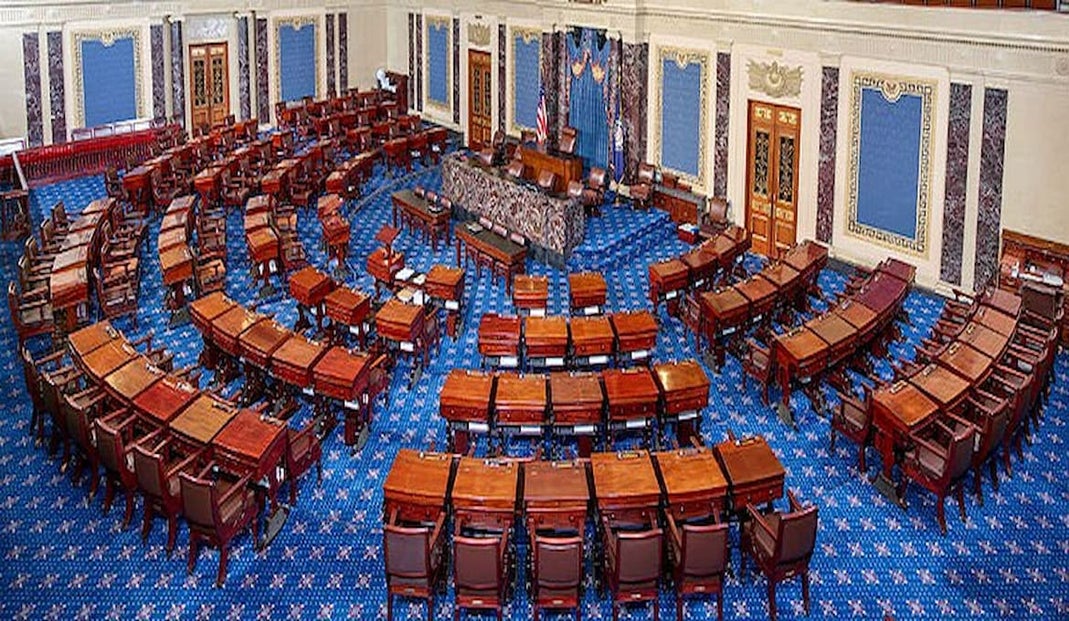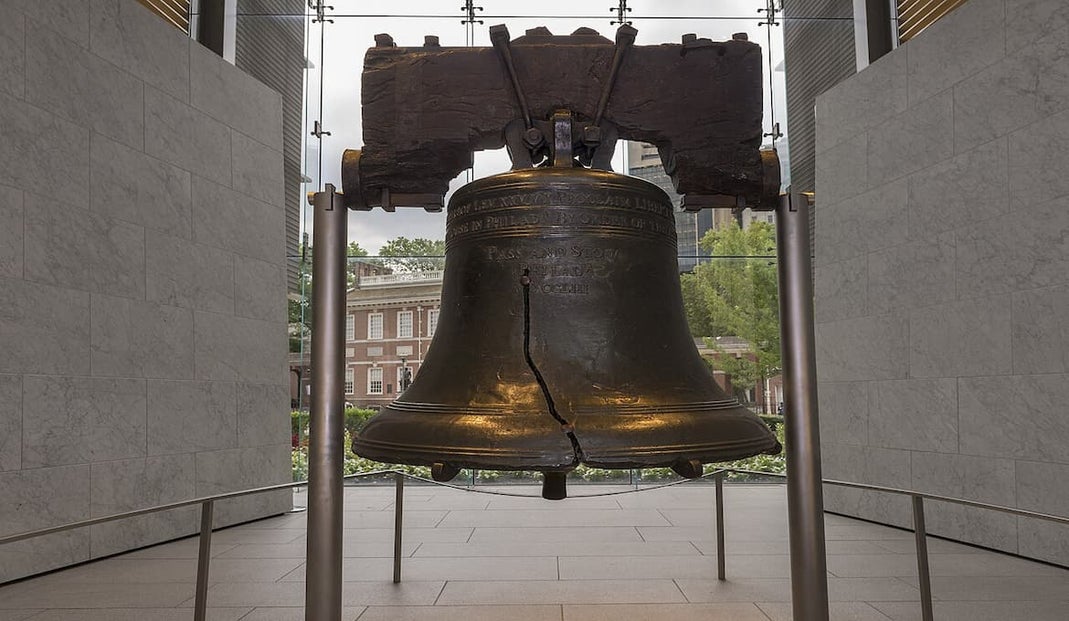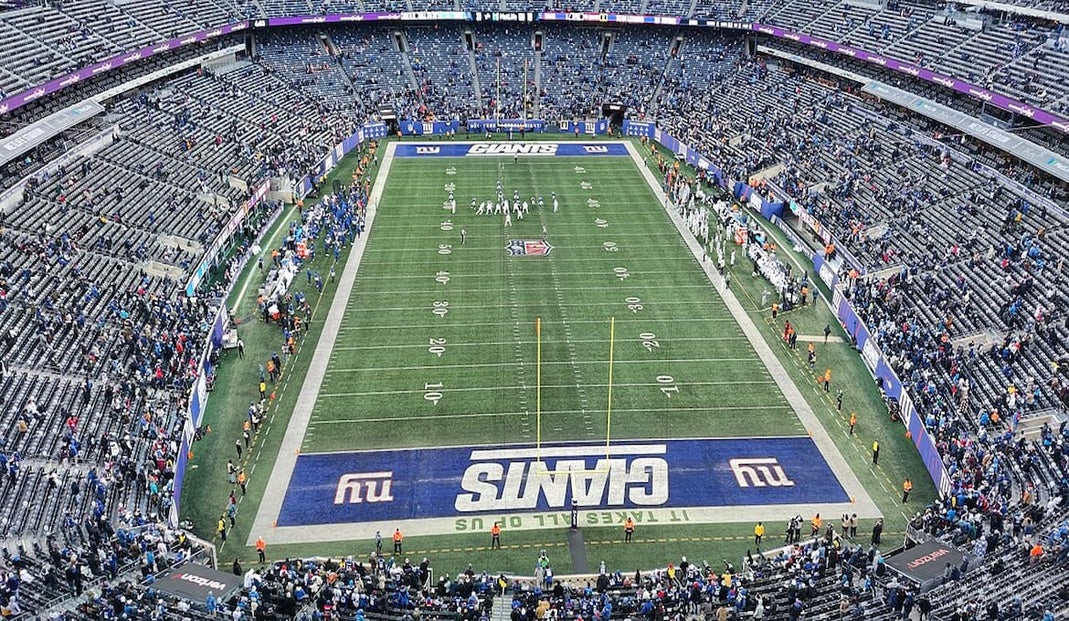North Carolina Market Still Growing
Shattering three-year projections after just one is impressive, but this market is still growing. June’s numbers show that more bettors are placing wagers, despite the initial excitement of legal sports betting beginning to fade.
North Carolina’s success can be partly attributed to its massive college basketball fan base. The state is home to some of the country’s top programs, including traditional powerhouses like Duke and the University of North Carolina. The unique love of basketball means bettors in the market don’t slow down much once the NFL season concludes.
Market Benefits from Southern Neighbors
Another reason for North Carolina’s success is the region they call home. While the states to the north mostly have legal markets, that isn’t the case for South Carolina and Georgia in the south. Neither state appears to be close to legalizing the industry, sending residents across state lines to place their wagers.
While South Carolina lacks a pro sports team, they have a massive college football fan base. The University of South Carolina plays in the ultra-competitive SEC, where football is king. Fans have been pouring into North Carolina to wager on their team’s games, resulting in more tax revenue for the state.
Will Momentum for Tax Hike Grow?
Before June’s numbers were released, the North Carolina House rejected a proposal to double the state’s tax rate for online sportsbooks. The current rate of 18% is at the national average, but some lawmakers believe the market’s success should mean a bigger cut for the state. The state’s sportsbooks all issued warnings over the proposal, telling bettors that they would end up being the most affected by the tax hike.
Tax hikes have been a hot topic over the last year. Many states were attempting to double their rates, but consistently failed under pushback from the industry. However, that has begun to change as lawmakers have voted in favor of bills proposing smaller increases.
While the massive tax hike proposed likely won’t pass, don’t be surprised to see a smaller one introduced in Missouri’s next legislative session.
.svg)





























